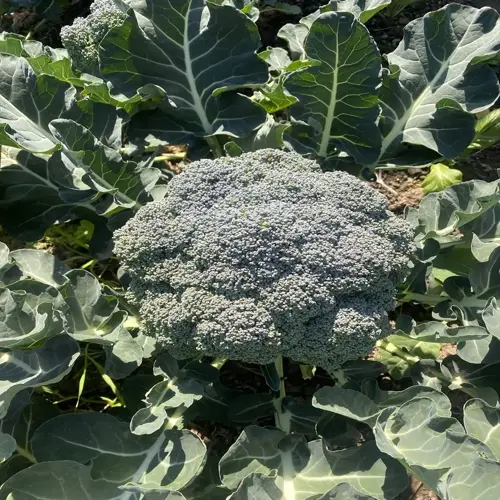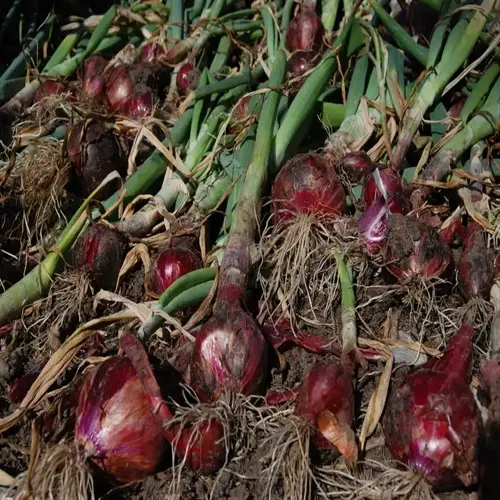Why avoid storing potatoes with other produce?

Written by
Julia Anderson
Reviewed by
Prof. Martin Thorne, Ph.D.Storing potatoes with other fruits or vegetables can result in prematurely spoiled potatoes due to the production of ethylene gas and the spread of diseases. A few years ago, I lost an entire potato crop after putting them too close to apples, and the whole crop sprouted in just a couple of weeks. Keeping the potatoes separated will maintain the quality of those tubers and greatly extend their storage life.
Ethylene Risks
- Apples and bananas emit high ethylene gas
- Triggers premature sprouting in potatoes
- Accelerates starch conversion to sugars
Disease Transmission
- Onions carry fungal spores affecting potatoes
- Tomatoes spread bacterial soft rot
- Shared containers increase contamination risk
Container Solutions
- Use breathable burlap or mesh bags
- Wooden crates allow proper air circulation
- Dedicated storage bins prevent cross-contact
Ethylene sensitivity is what makes potatoes so sensitive when stored with fruits. This naturally occurring plant hormone promotes biochemical development that causes tubers to spoil. I keep my potatoes in a different cellar room that is 40-45°F and free of fruit.
The choice of container will significantly impact the effectiveness of isolation. Non-porous materials, such as plastic, trap ethylene, while a permeable container allows it to escape. I prefer burlap sacks to plastic bins, which don't let gas escape but keep the moisture level where I want it.
Apply spatial separation strategies even if it is limited in extent. Designate new shelves or cabinets for the potatoes. I intentionally use the bottom shelves for potatoes because ethylene rises. This minor adjustment has extended my storage time by two months with no signs of sprouting whatsoever.
Read the full article: 7 Essential Signs When to Harvest Potatoes

